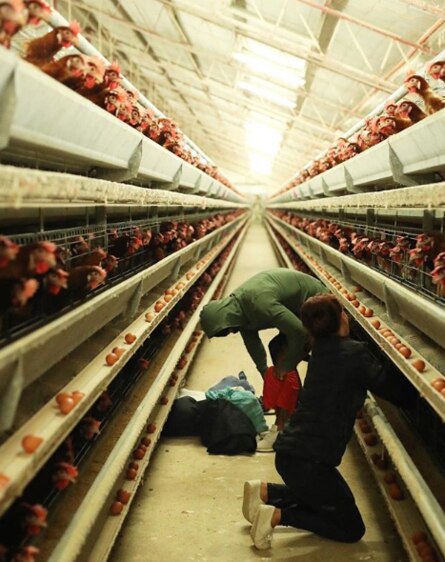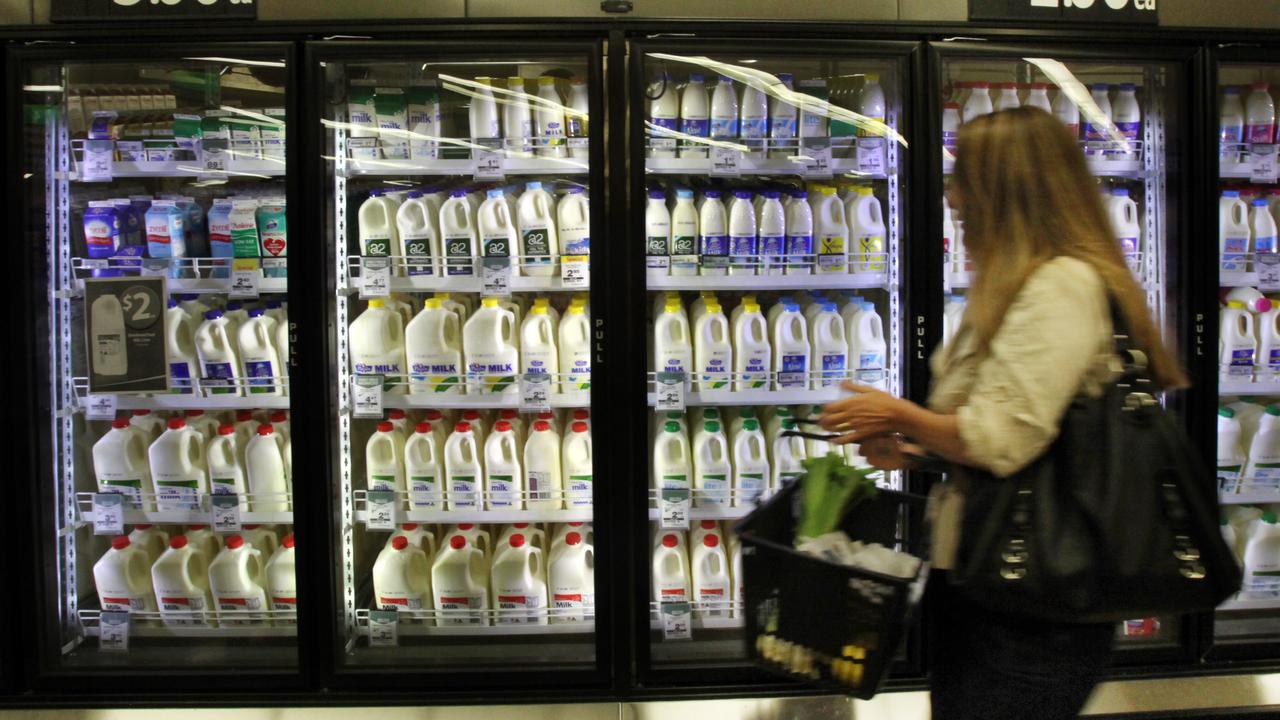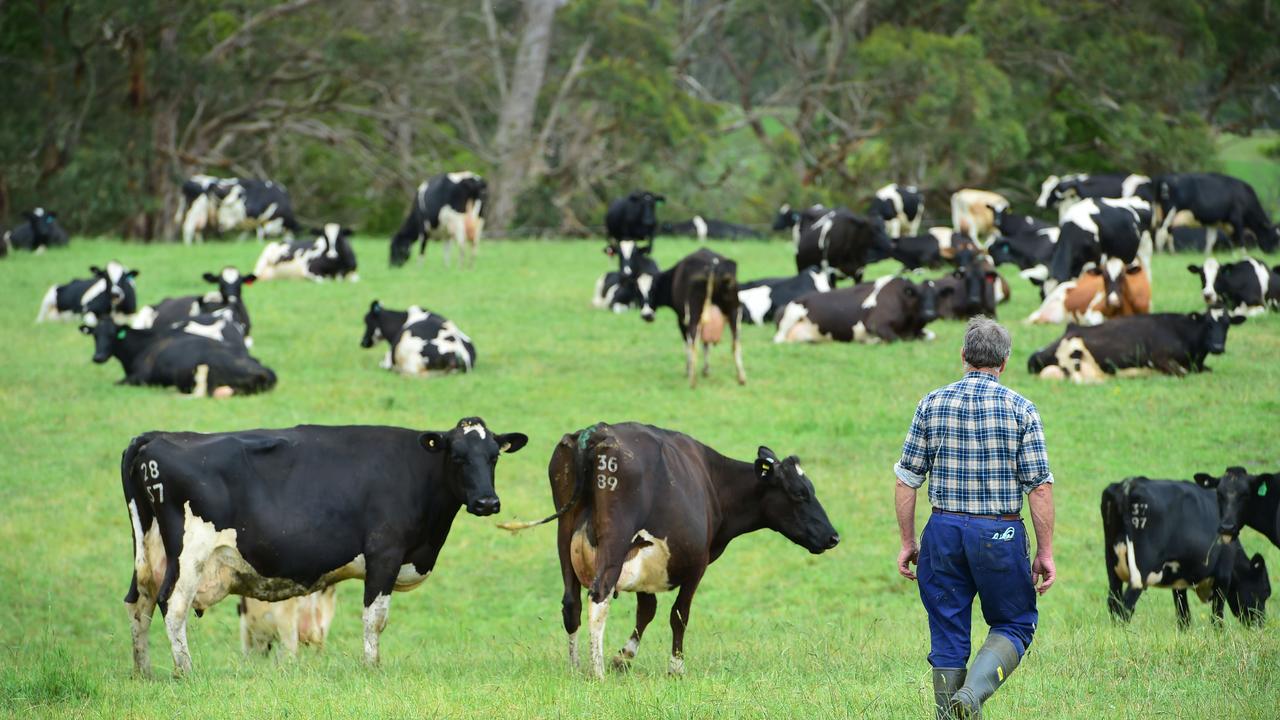It’s not OK to fund animal activists’ illegal activity
SOME members of the public think it is OK to fund illegal activity. That is the latest revelation to come from the unhinged and naive world of animal activists, writes ED GANNON.

IT’S a weird world when animal activists think it is OK to break the law to attack farmers.
It is even weirder when some members of the public think it is OK to fund that illegal activity.
That is the latest revelation to come from the unhinged and naive world of animal activists.
The Weekly Times this week reveals that some animals activists are successfully soliciting
donations from the public to fund their activities, such as breaking into farms and stealing
livestock.
ACTIVISTS SEEK PUBLIC DONATIONS TO STEAL LIVESTOCK
One activist, who claims she is on bail after being charged with livestock theft 12 months ago,
has 280 people contributing more than $2000 a month to fund her activities.
Last week she told her Instagram followers to “Google poultry farms, map them on a satellite … go back with a team late, wear balaclavas and check if the sheds are open”.
She wrote it was her job to “save” the animals and promises her “patrons” that their donations
“are going to good use”.
Another activist is receiving donations to train people in the “vegan movement”, including
entering farms to protest.
In another case, $8250 was raised last year to help three activists pay lawyers after they were
“charged by the police for allegedly entering a factory farm and allegedly rescuing chickens and piglets from the facilities”.
Social media is littered with photos of activists allegedly on farms taking livestock.
One image is of an activist loading a calf into the boot of a car.
These are the same people that would have howled with outrage when images of sheep being
put into the boots of cars in the Middle East emerged a few years ago.
While it seems a smart move by activists to get outsiders to fund their activities, it is a very
dumb move to give them money.
Melbourne University Law School professor Jeremy Gans said anyone who knowingly
contributed financially to support the theft of livestock could be charged with the crime.
“If you encourage or assist someone to commit a crime then you’ve committed the crime as
well, if they go on to do it,” Professor Gans said.
You can imagine police shaking their heads. How on earth do they patrol donation websites that appeal for money?
Particularly when they do see the few cases of illegal animal activism go to court only for the
accused to often receive a slap on the wrist.
A RUNNING BATTLE TO KEEP INTRUDERS OUT
The Weekly Times reports of at least two cases where the accused were ordered to write an
apology to the farmer.
Using words such as “rescue” and “save” does not hide the fact that what activists do is illegal.
You only have to look at the recent case of goats and sheep stolen from the Gippy Goat Cafe
farm in Yarragon, and the histrionics on Tuesday when a group of activists inserted themselves into the drama of a cattle truck crash in Koo Wee Rup, with at least one protester arrested.
FURTHER ARRESTS OVER ANIMAL ACTIVIST ALLEGED LIVESTOCK THEFTS
ACTIVISTS ARRESTED AFTER LIVESTOCK KILLED IN TRUCK CRASH
It is the “look at me” attitude that irks many, including genuine vegans who feel they are being tarred by the actions of the activists.
Cameron Blewett, a vegan who has established a blog to monitor activists, said their behaviour was driven by a need to seek attention.
“These sorts of stunts make the divide wider and harder for those who aren’t vegan to
understand or even care about it in the first place,” he said.
“Unfortunately, all movements attract those who want to make a name for themselves.
“And veganism is no different. The more airtime these performers are given, the more they will attract the same sort of people to it.”
OPINION: ACTIVISTS’ LAW-DEFYING STUNTS HARM VEGAN CAUSE
But there is a bigger, more concerning picture as to why people would want to give money to
animal activists.
It is a clear sign that an increasing number of people do not understand farming, that if they
want affordable, reliable and safe food, then systems such as caged eggs and livestock feedlots
are necessary.
While organic and free-range are noble and worthy notions, they bring with them extra costs to push the price beyond the reach of many low-income earners.
Extra labor to keep weeds at bay on an organic farm cost more than using chemicals. Having
thousands of chickens outside raises the risk of disease from other birds who simply fly on to
the farm.
For those lucky enough to afford it, a few bucks sent to activists to ease their conscience may
seem a small price.
But that action could eventually force a bigger price on to others.


